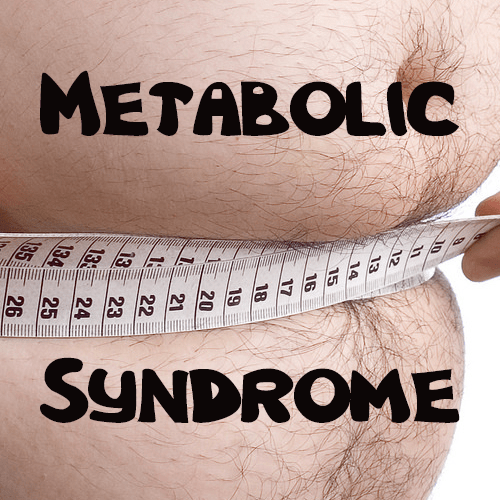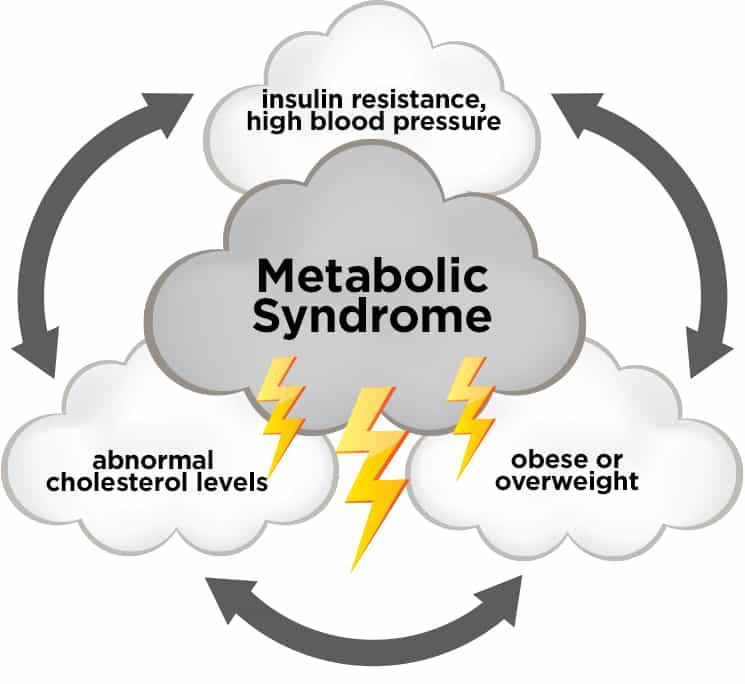Dietary carbohydrate restriction improves metabolic syndrome through improved insulin sensitivity

Metabolic syndrome and insulin resistance are the banes of many of the obese and overweight people around the globe. Many like to use their metabolic imbalance as a reason for why they cannot lose weight. Weight loss has long been believed to the hallmark of where a diet was truly successful. The good news is that this appears to be not entirely true.

Metabolic syndrome is a condition marked by central obesity, insulin sensitivity, carbohydrate intolerance, elevated cholesterol, and hypertension. I consider this similar to pre-diabetes because the same pathology causes both. Both are directly tied to carbohydrate intolerance and insulin resistance. Carbohydrate intolerance is the inability to efficiently metabolize sugars.

So why is this important? Metabolic syndrome has a strong correlation with obesity, cardiovascular risk, and diabetes 2. The importance of dietary carbohydrate independent of weight loss in Metabolic syndrome treatment remains quite controversial. Any evidence that can show independence of metabolic syndrome from weight loss should encourage people to continue to a lower carbohydrate lifestyle independent of weight loss.

The new research is from 2019[1]. The researchers tested the theory that dietary carbohydrate intolerance rather than obesity per se is a fundamental feature of Metabolic Syndrome. To do this, obese individuals with metabolic syndrome were fed three 4-week weight-maintenance diets that were low, moderate, and high in carbohydrate. The protein levels were kept constant and the fat was exchanged for carbohydrates across all diets. The diets were kept with the same calorie content despite the changes in macronutrients (Figure above in B).
Despite maintaining body mass, low-carbohydrate intake enhanced fat oxidation and was more effective in reversing metabolic syndrome, especially high triglycerides, low HDL-C, and LDL. Carbohydrate restriction also improved abnormal fatty acid composition, an emerging Metabolic Syndrome feature. Despite containing 2.5 times more saturated fat than the high-carbohydrate diet, the lower carbohydrate diet decreased plasma total saturated fat levels.
The bottom line: The benefits of a low carbohydrate diet in metabolic syndrome appears to be independent of weight loss. We know that exercise and fat loss both improve insulin sensitivity and metabolic syndrome, but prior to some recent research, we did not know that improvement was not dependent on weight loss. If are predisposed to metabolic syndrome and obesity, I recommend that you lower your carbohydrate intake and especially those processed forms.
Reference:
- [1]P. N. Hyde et al., “Dietary carbohydrate restriction improves metabolic syndrome independent of weight loss,” JCI Insight, Jun. 2019 [Online]. Available: http://dx.doi.org/10.1172/jci.insight.128308






Be the first to comment on "Research: Low Carb without Weight Loss Improves Metabolic Syndrome"